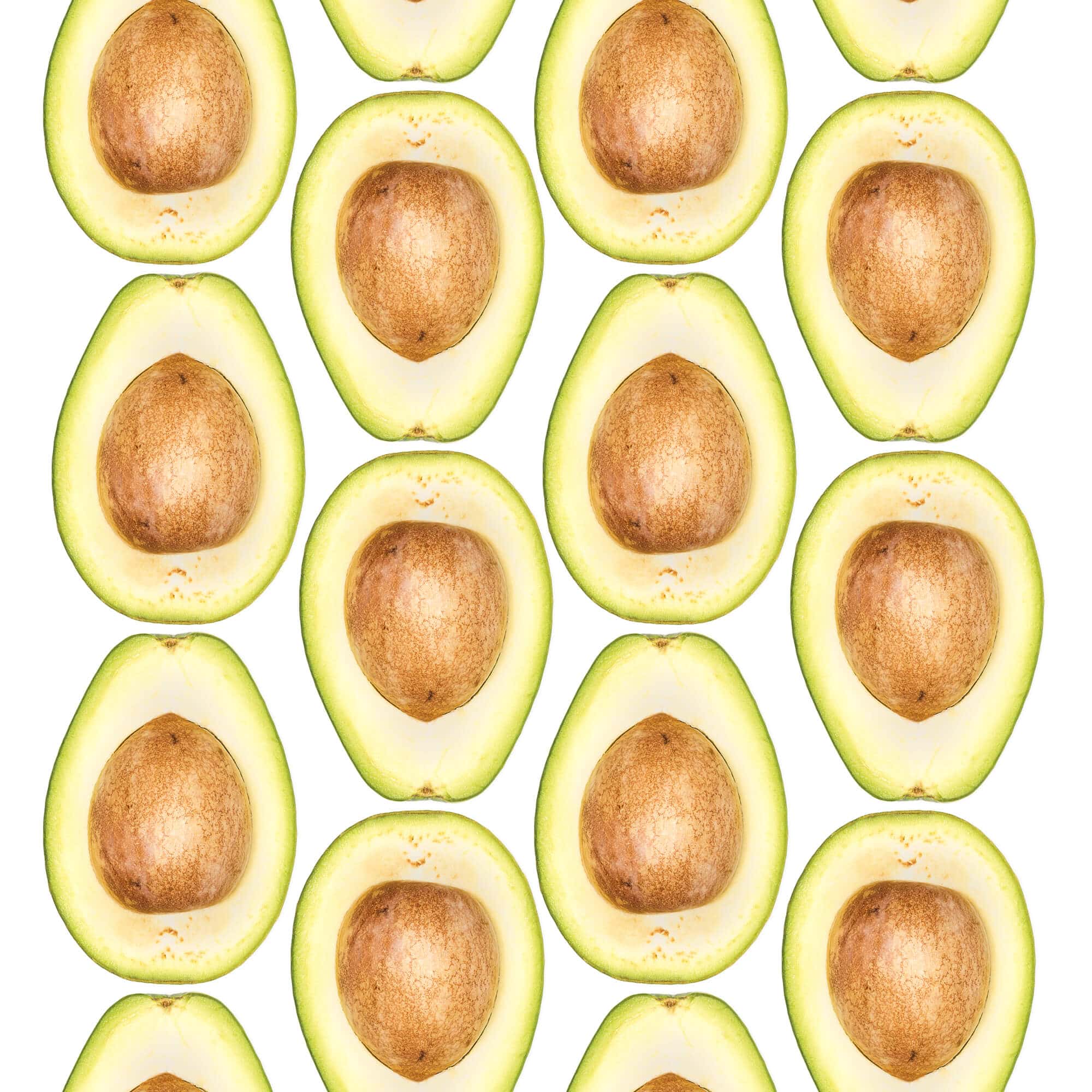Weizmann Institute of Science scientists have shown that the herbal supplement reduces anxiety levels in mice without significant side effects

A natural food additive, beta-sitosterol, may reduce anxiety - according to a new study in mice conducted by Weizmann Institute of Science scientists. The supplement lowered the level of anxiety in mice when given alone, and it even worked synergistically with "Prozac" - a common drug used to treat depression and anxiety. If the findings are published today in the scientific journal Cell Report Medicine, will also be reproduced in clinical trials, it is possible that beta-sitosterol, found among other things in avocados, will be used to treat anxiety in humans.
Anxiety is not necessarily a bad thing. From an evolutionary point of view, anxiety is essential for our survival, as it leads to an appropriate response to various dangers. It is precisely for this reason that anti-anxiety drugs are so difficult to develop: the neural circuits responsible for anxiety are closely related to the circuits that encode memory, awareness of ourselves and the environment, and other vital functions required to deal with threats. Therefore, researchers all over the world are trying to develop drugs that will selectively reduce anxiety without causing unwanted side effects.
An area in the hippocampus that regulates anxiety
the laboratory of Prof. Mike Feinsilver In the Department of Biomolecular Sciences, she studies "import proteins" (importins) that carry molecules into the cell nucleus. A few years ago his age Dr. Nicholas Paniotis and other members of Prof. Feinzylver's laboratory that mice without a certain import protein - importin alpha-5 - exhibited less anxiety in stressful circumstances compared to normal mice. The researchers examined how these "calm" mice differed from normal mice in terms of gene expression and identified a genetic signature of that "calmness": about 120 genes with a certain expression pattern in the hippocampus, one of the areas of the brain that regulate anxiety.
In the new study, Dr. Paniotis, together with his colleagues, scanned an international database, with the aim of locating existing drugs or other substances that mimic the same genetic signature. He identified five possible molecules and examined their effect on the behavior of mice. The molecule that was found to have a calming effect on the mice's behavior was beta-sitosterol, which is sold in health food stores as a food supplement designed mainly to lower cholesterol.
In a series of experiments, mice given beta-sitosterol exhibited much less anxiety than mice in the control group. For example, in the "open field" test that tests anxiety levels in rodents, they walked around without fear in well-lit areas with bright light, while normal mice did not dare to walk around in these areas in the center of the open area and preferred to stay in darkened areas on the sides. Furthermore, the mice that received the beta-sitosterol did not exhibit side effects expected from anti-anxiety drugs, such as movement disorders or avoidance of new stimuli.
To reach an anti-anxiety dose, one must eat avocado day and night
Later, the scientists tested the effect of beta-sitosterol on the mice in combination with fluoxetine, a drug from the SSRI group (selective reuptake inhibitors of the neurotransmitter serotonin), which is sold, among other things, under the brand name "Prozac". The result was a synergy between the two: when beta-sitosterol and fluoxetine were given together, both reduced anxiety in mice at a lower dose than that required when each was given separately. "One of the biggest problems with anti-anxiety drugs is their side effects. If beta-sitosterol can help lower the dose of these drugs, maybe it will also reduce the side effects," says Dr. Paniotis.
Beta-sitosterol occurs naturally in many edible plants, and is considered a safe substance, as it has been marketed as a nutritional supplement for years. The substance is found in a particularly high concentration in avocados - and also in pistachios, almonds and other nuts, canola oil, various grains and other plants. However, eating an avocado by itself will probably not be enough to calm an anxious mind. "To reach an anti-anxiety dose, one must eat avocado day and night. In such a case, it is more likely that we will develop digestive problems before reducing the level of anxiety," says Dr. Paniotis.
The scientists have not yet deciphered the anti-anxiety mechanism of beta-sitosterol, but they did discover in mice that received the supplement changes in the expression of several genes that are normally activated in stressful situations. They also discovered in these mice changes in the levels of metabolites and neurotransmitters in brain areas involved in anxiety regulation.
Since the study focused on neural pathways involved in anxiety regulation in both mice and humans, it is likely that the findings apply to humans as well. "To determine this, of course, clinical trials are necessary," explains Prof. Feinzylver. "And in any case, we recommend consulting a doctor before considering taking beta-sitosterol to reduce anxiety."
Philip Freund and Dr. Letizia Marbledi from the Department of Biomolecular Sciences participated in the study; Dr. Tali Shalit mThe Israeli National Center for Personalized Medicine named after Nancy and Steven Grand; Dr. Alexander Brandis and Tabi Melman from the Department of Life Sciences Research Infrastructures; and Dr. Michael Tzuri from the Department of Veterinary Resources.
More of the topic in Hayadan:
- Researchers managed to produce avocado seedlings in half the time and without depreciation * saving billions of dollars and the shortcut to meet demand
- Meet the "xanthomato" - the new Israeli tomato that will fight serious degenerative diseases
- There is no entry for anxiety
- Social contact and anxiety among people with autism
- Attached to the cell phone? May suffer from physical symptoms of stress and anxiety
